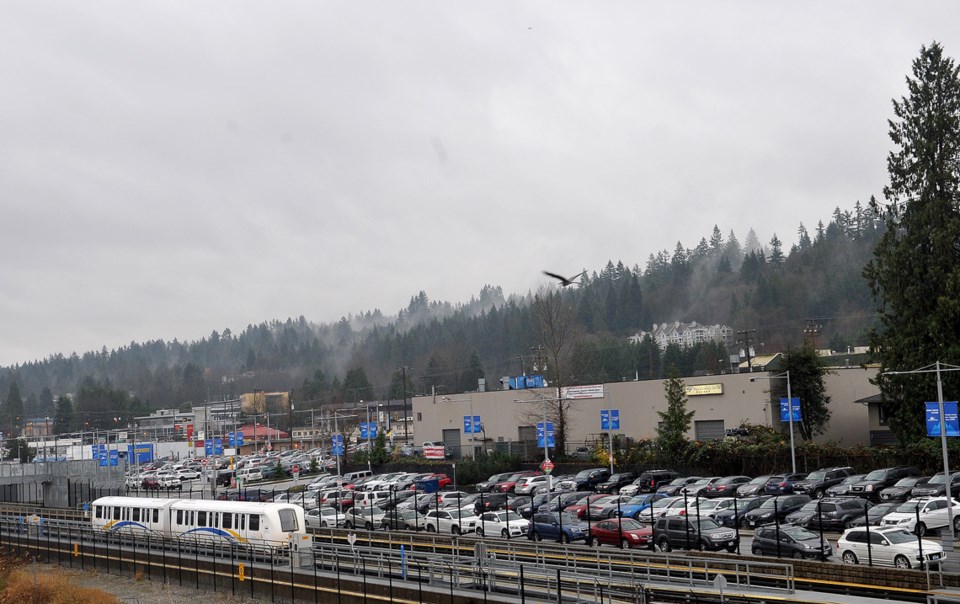Port Moody’s mayor says she’s not confident the provincial government has given full consideration to the ramifications of its new legislation to deal with the ongoing housing affordability crisis.
The B.C. Legislature recently introduced several new bills to mandate increased density and minimum height requirements for new developments in close proximity to mass transit stations as well as create more opportunities for infill housing in areas currently zoned for single-family homes.
But in her year-end address at the last 2023 council meeting on Tuesday, Dec. 12, Meghan Lahti said the nuts and bolts of how the legislation will play out in cities like Port Moody have yet to be unveiled and she’s not sure how the increased need for services like schools and health care will be accommodated.
"I’m not sure I have a great deal of confidence that those have been thought through," Lahti said. "I think there’s going to be some bumps in the road."
Lahti said the legislation will have a dramatic effect on the city’s own vision for its growth because council won’t have as much leverage with developers to gain amenities.
"[It] ostensibly means that many of the important aspects that create vibrant neighbourhoods such as diverse housing and employment spaces, passive and active green spaces — all of the things that we find so important — are not negotiable within the minimum densities."
Lahti said the new rules will also have a huge impact on the city’s bottom line, especially if it’s required to rezone existing single-family neighbourhoods to allow construction of duplexes, triplexes and laneway housing.
"Our single-family neighbourhoods aren’t serviced for multi-family residential," she said. "They’re going to require upgrades to services that could potentially be expensive."
Lahti said the city is already feeling the consequences of the new legislation as council begins consideration of its new draft official community plan which was unveiled to council just last week.
She said even as the expansive document goes out to the city’s residents for feedback through an online survey and a future town hall, staff will have to work on revisions that take into account the mandated changes.
Lahti added even processes like public hearings may have to be revamped.
"We’re not exactly sure what this is going to look like. It’s going to be a difficult transition for us."
The provincial legislation comes more than two months after B.C. Housing Minister Ravi Kahlon identified 10 communities in the province — including Port Moody — that need to meet specified targets for new construction to meet housing needs.
Under the Housing Supply Act that was adopted in late September, Port Moody must build 1,694 housing units by 2028. Of those 238 must be below-market rental units, 466 must be market rentals and 462 must have three bedrooms or more.
Kahlon said the targets will "make sure more homes are built in communities with the greatest housing need," adding the province will monitor their progress in six months and annually after that.
At the time, Lahti said the city could attain those expectations given the number of development projects already under construction or in the approval process.
"While we do need to ensure that we are mindful of the provincial mandate, we still have to predicate all of our decisions based on what is in the best interest of our community as a whole," she said, adding the province must also play a role in providing policies and funding options that will encourage construction of supportive housing as well as ensuring there’s enough skilled tradespeople available to do the work.





